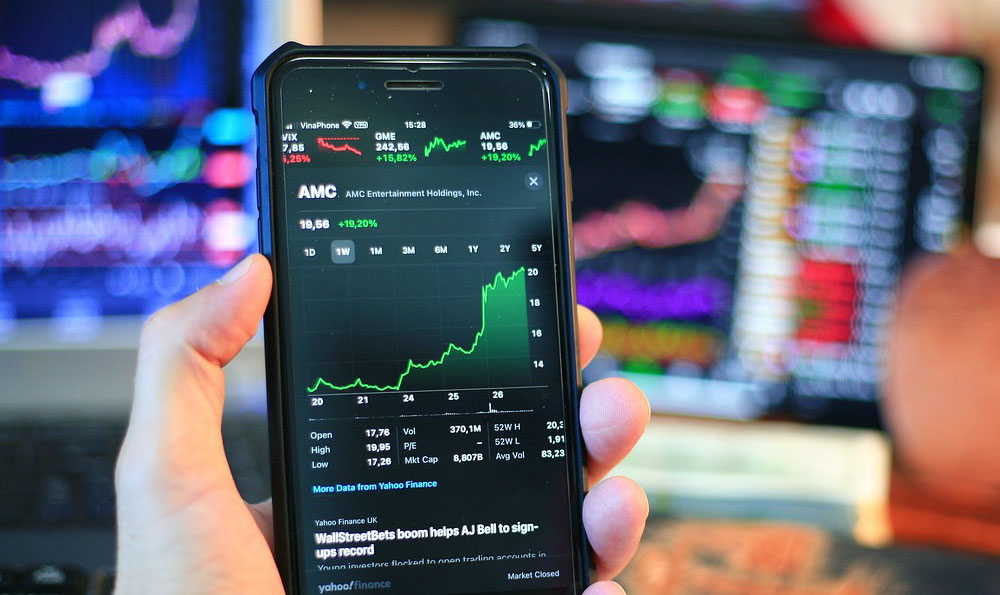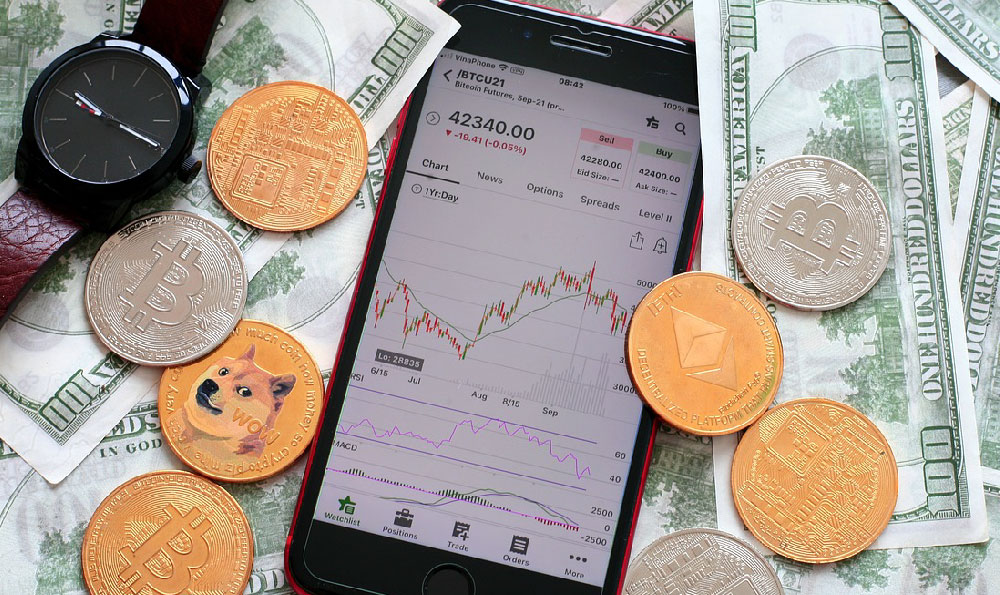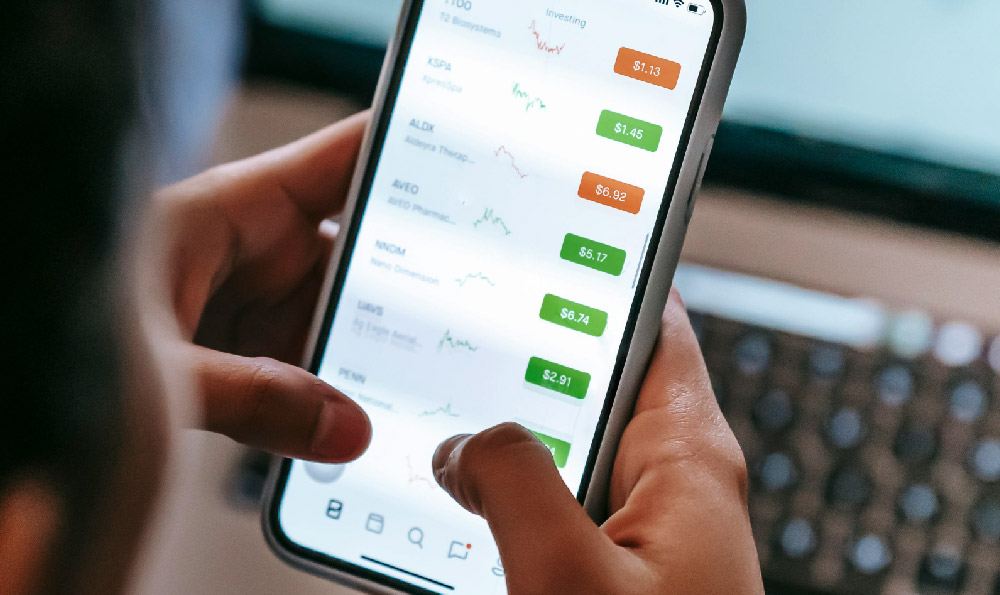Richard Branson's path to riches is a fascinating blend of entrepreneurial spirit, brand building, and a willingness to venture into uncharted territory. He isn't someone who inherited a fortune; he built it from the ground up, primarily through the Virgin Group. Understanding how he amassed his wealth and the diverse streams of revenue he cultivated offers valuable lessons for aspiring entrepreneurs and investors alike.
Branson's initial breakthrough came with Virgin Records in the 1970s. He didn't just sell records; he disrupted the music industry. Recognizing the limitations of existing record shops and their poor customer service, he launched a mail-order record business. This was a revolutionary move, providing convenience and competitive pricing that resonated with young music enthusiasts. Building upon this success, he opened the first Virgin Records store, creating a vibrant and engaging retail experience. The store's layout, atmosphere, and selection of music catered to a specific demographic, distinguishing it from competitors and fostering a loyal customer base. More importantly, Virgin Records recognized and signed artists like the Sex Pistols, a band that many established labels considered too risky. This willingness to embrace the unconventional solidified Virgin's image as a rebellious and innovative brand. The success of these artists catapulted Virgin Records into a major player in the music industry, generating significant revenue and establishing Branson as a shrewd businessman.
However, Branson's entrepreneurial journey wasn't limited to music. Recognizing the power of the Virgin brand, he diversified into various sectors, creating a holding company that housed a collection of businesses. This diversification is a key element of his wealth creation strategy. Rather than relying solely on the volatile music industry, he ventured into airlines, mobile communications, travel, fitness, and even space tourism. Each of these ventures, while distinct, shared a common thread: a commitment to providing high-quality products and services with a distinctive Virgin flair. This commitment translated to building brand loyalty and commanding premium prices.

Virgin Atlantic, for example, wasn't just another airline. It offered passengers a more enjoyable and stylish flying experience, differentiating itself from the often-stale offerings of established airlines. This emphasis on customer experience, coupled with competitive pricing, allowed Virgin Atlantic to carve out a significant market share, generating substantial revenue and further strengthening the Virgin brand. Similarly, Virgin Mobile disrupted the mobile communications market by offering simpler, more transparent plans and a focus on customer satisfaction. This innovative approach resonated with consumers, leading to rapid growth and profitability.
Branson's revenue streams are incredibly diverse. They are not all solely profit-driven, but often reinvested or used to support new ventures. The key revenue generators for Virgin include:
- Virgin Atlantic: Revenue is generated from ticket sales, cargo transportation, and ancillary services such as baggage fees, in-flight meals, and duty-free shopping.
- Virgin Media: This telecommunications company provides internet, television, and mobile phone services to millions of customers, generating recurring revenue streams.
- Virgin Active: This fitness club chain generates revenue through membership fees, personal training services, and the sale of merchandise.
- Virgin Galactic: While still in its early stages, Virgin Galactic aims to generate revenue through space tourism flights and related services.
- Virgin Hotels: Revenue is generated from room bookings, food and beverage sales, and events held at the hotels.
- Virgin Voyages: This cruise line generates revenue through passenger fares, onboard spending, and related services.
- Licensing and Franchising: The Virgin brand is licensed to various companies, generating revenue through royalties and licensing fees. This is a crucial element; he doesn't necessarily need to own everything to profit. He can lend the Virgin name, a brand that already signifies quality and innovation, to existing businesses for a fee.
Beyond direct revenue generation, Branson's wealth is also tied to the value of the Virgin Group's assets. As the owner of a privately held conglomerate, Branson's net worth is largely determined by the valuation of the various companies within the group. This valuation is influenced by factors such as revenue growth, profitability, market share, and brand strength. The consistent brand building and strategic expansion have significantly increased the overall value of the Virgin Group, contributing substantially to Branson's personal wealth.
It's important to acknowledge that Branson's path wasn't without its challenges. He faced numerous setbacks and near-failures throughout his career. However, his resilience, his ability to learn from his mistakes, and his unwavering belief in his vision enabled him to overcome these obstacles and achieve remarkable success. He is also a master of public relations, often appearing in the media and actively promoting the Virgin brand. This visibility enhances brand recognition and generates positive publicity, further contributing to the overall value of the Virgin Group.
Another crucial aspect of Branson's wealth creation is his effective management and delegation skills. He surrounded himself with talented individuals and empowered them to run the various Virgin businesses. This allowed him to focus on strategic planning, brand building, and identifying new opportunities for growth. He doesn't micromanage; he finds the right people and trusts them to deliver results.
In conclusion, Richard Branson's wealth is a product of entrepreneurial innovation, relentless brand building, strategic diversification, and effective management. He didn't just create businesses; he created a brand that resonates with consumers and generates consistent revenue streams across multiple industries. His story serves as an inspiring example of how vision, determination, and a willingness to challenge the status quo can lead to extraordinary success. His diverse revenue streams, ranging from airlines and mobile communications to fitness clubs and space tourism, demonstrate the power of diversification and the enduring value of a strong brand. While the road to riches may be paved with challenges, Branson's journey underscores the importance of embracing innovation, building a strong team, and never giving up on your dreams.












